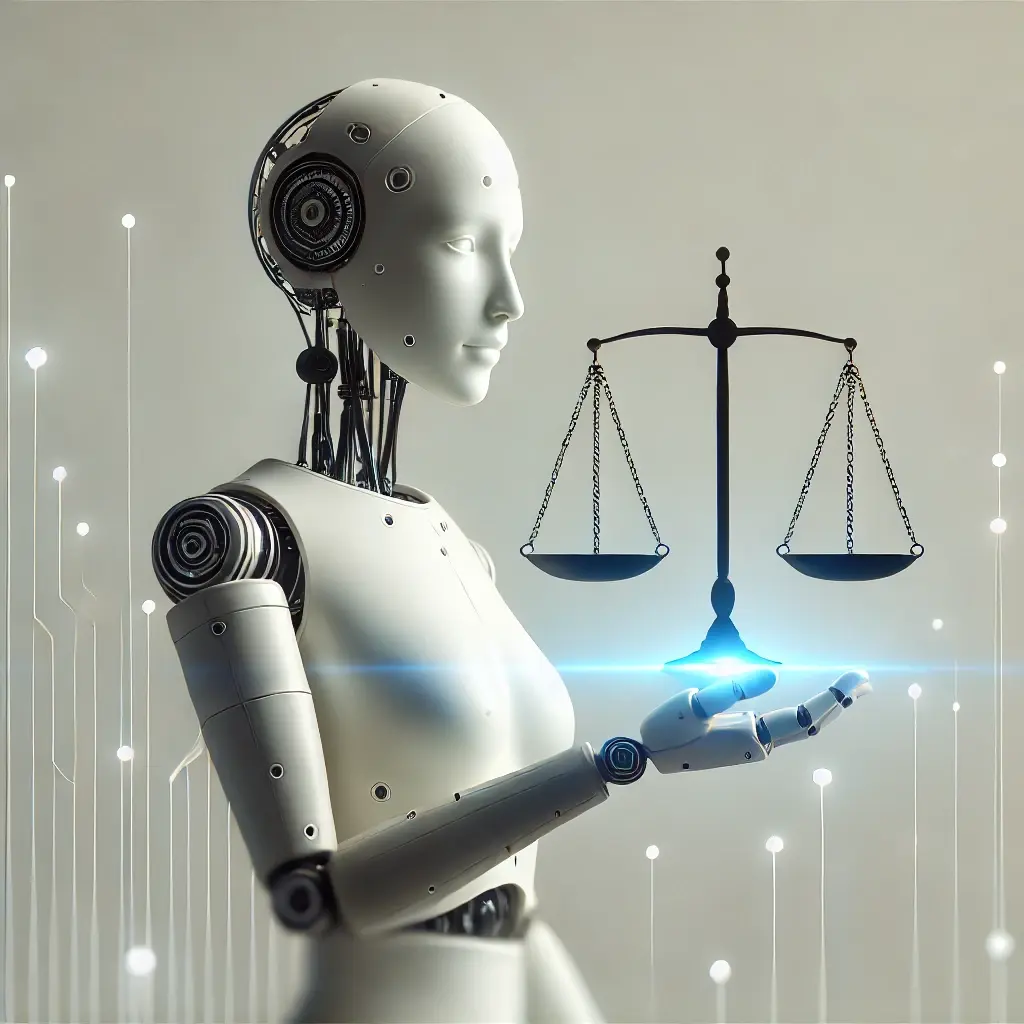In the growing world of AI, safety, transparency, and accountability are the guiding principles that ensure technology empowers and protects us. These principles not only enhance our lives but also ensure that AI is developed and used responsibly.
Navigating AI Safety:
Ensuring AI safety involves developing algorithms that protect against harm, maintain privacy, and respect the dignity of every individual. Collaboration among developers, users, and regulators is essential to create an ethical AI ecosystem. Regulatory frameworks and risk assessment protocols are crucial to ensure AI systems are evaluated for potential risks and ensure that there are preventive measures for unforeseen consequences.
The Importance of Transparency:
Transparency helps users understand AI algorithms, building trust and making AI more approachable. Vertex Explainable AI is an example of a tool offered by Google Cloud that helps users understand how machine learning models make decisions. It provides feature-based and example-based explanations to make AI models more transparent and trustworthy.
Ensuring Accountability:
Accountability ensures that creators and operators of AI systems are responsible for their technology's impact. Implementing preventive measures, like safeguards against misuse, and learning from past mistakes through resources like the AI Incident Database, are crucial for maintaining public trust and fostering responsible innovation.
Maintaining sustainability:
To ensure the sustainability of AI technology, it is essential to incorporate ethical considerations from the outset. The following principles are critical for developing and deploying AI with an ethical design:
- Integrating Human Values:
The approach of Value-sensitive design prompts developers to consider the social implications of AI during the design process. This methodology encourages developers to anticipate and alleviate negative impacts of AI. - Promoting Social Equity:
AI has the potential to advance social equity by creating new opportunities for everyone. The Design Justice Network advocates for AI that serves marginalized communities, ensuring inclusivity and accessibility for all. - Learning from Pioneers:
Companies like Salesforce have established Office of Ethical and Humane Use to ensure that the company's technology is developed and used responsibly and ethically. Additionally, the initiatives like the United Nations' AI for Good exemplify ethical AI development, focusing on positive outcomes and global challenges. - Fostering Responsibility:
Ethical guidelines such as the Asilomar AI Principles and The Montreal Declaration for Responsible AI guide developers in the responsible development of AI, promoting a culture of responsibility.
By committing to safety, transparency, accountability, and ethical design, we can traverse the AI landscape with trust. As a result, we can ensure that AI serves as a tool for the betterment of society, upholding the standards of integrity and respect.
References:
Publications, M. (2024). Generative AI & ChatGPT for Beginners Made Easy 2-Books-in-1: Master Artificial Intelligence Fundamentals, Elevate Your Skills, and Unlock Money-Making Strategies with Conversational AI (Kindle Edition, p. 266).
